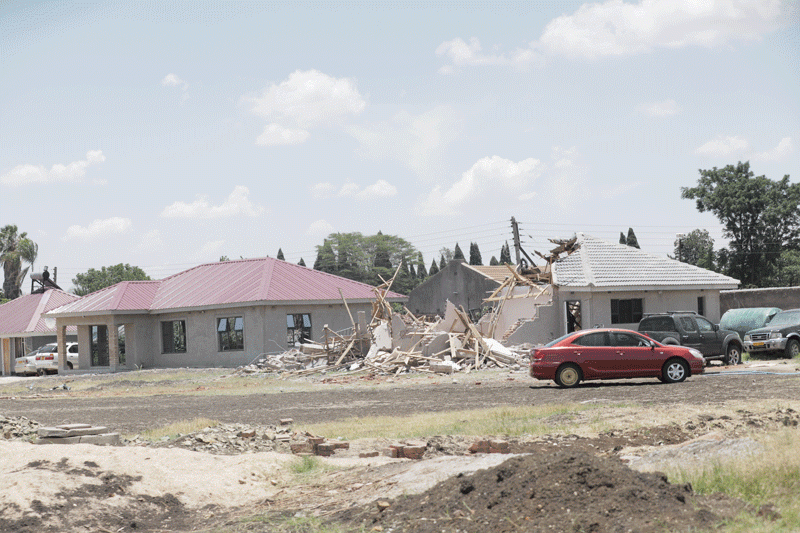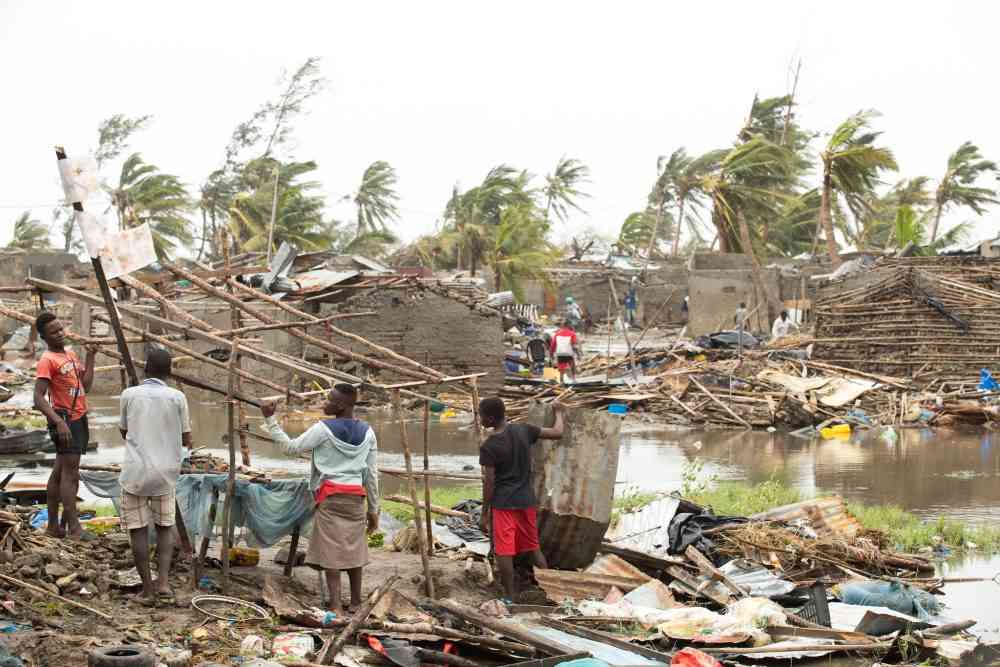
guest column:Edgar Gweshe
Land use planning in Zimbabwe’s capital, Harare, has largely failed to integrate the issue of wetland ecosystems and this has come with heavy costs for the city.
Proper land use planning has largely proved futile due to the fact that Harare continues to use outdated colonial legislation on urban planning which was initially meant for a smaller population.
Resultantly, wetland degradation has been rampant in Harare and this is coming on the backdrop of erratic water supplies, a situation that could be addressed through preservation and restoration of wetlands which are Harare’s second source of water after run-off.
Harare’s master plan was last updated in 1992 and it makes little reference to wetlands and their invaluable services for the City of Harare.
This could be attributable to the fact that by then, there was still enough land for people to settle in the right places or for construction projects to be undertaken at the right places.
At a time the city is using an outdated master plan, the demand for land for construction or housing purposes is continuously high in Harare and consequently, these projects are being undertaken at the detriment of wetland ecosystems.
Despite the fact that the future sustainability of the capital is dependent on wetlands preservation and that we have awoken to the reality of climate change, there continues to be a huge disconnection between urban land use and the imperative need to protect wetlands from degradation.
- Chamisa under fire over US$120K donation
- Mavhunga puts DeMbare into Chibuku quarterfinals
- Pension funds bet on Cabora Bassa oilfields
- Councils defy govt fire tender directive
Keep Reading
Proper land use planning in Harare should incorporate the need to protect wetlands, without which sustainable development of the capital would prove to be a pipe dream, Harare missing out
Harare is indeed a wetland city, hence repeated calls for the capital to apply for Wetland City Accreditation (deadline being March 15, 2020) by the Ramsar Secretariat. This will unlock financial and technical support in the preservation and restoration of wetlands.
Being a wetland city, Harare stands to benefit from eco-tourism especially given that the city has two internationally recognized wetlands under the Ramsar Convention namely, Monavale Vlei and Cleveland Dam while the capital is also dependent on Lake Chivero, another internationally recognized site for water provision.
Harare’s wetlands can also serve as educational sites while at the same time providing services such as flood and climate change mitigation and reducing costs for water purification by acting as natural purifiers. On water purification- it has to be noted that the high pollution levels in Lake Chivero, Harare’s main water supply- is largely attributed to wetland degradation as well.
Politics, corruption and abuse of office Despite numerous calls and assurances to protect wetlands, degradation of the water sources continues unabated. At a recent workshop, a council official acknowledged that politics is one of the major factors behind wetland degradation in Harare especially during election periods when politicians use land as a campaign tool and this results in potential voters settling on undesignated places, including on wetlands.
Corrupt allocation of land, corrupt allocation of development certificates and Environmental Impact Assessment (EIA) certificates are also some of the factors leading to wetlands invasion in Harare.
In the case of Harare, it is also quite apparent that the culprits in as far as wetland invasion is concerned are powerful politicians or land barons connected to these rowdy politicians and in some cases, agencies such as the Environmental Management Agency (EMA) are hesitant to act against these powerful individuals.
In this regard, the media has a huge role to play in unearthing the malpractices leading to wetland degradation in Harare.
Going forward The preparation of an updated master plan for Harare that critically examines the state of the city’s wetlands with a view of sustainably managing them, is an imperative need.
Reviewing of the master plan implies a detailed study of the environment and the state of wetlands so as to allow for appropriate measures to be taken in protecting the environment.
A number of wetlands in Harare need restoration after having been damaged while the remaining ones need to be served from invasion/destruction.
Development and implementation of local environmental action plans (LEAPs) as stipulated by the Environmental Management Act is also critical for the protection of wetlands. The development of LEAPs is an inclusive process and it ensures that residents can play a part in identifying environmental areas that need preservation.
The failure by the Harare City Council to prepare LEAPs is also among the factors leading to the environmental challenges currently being faced by the city.











